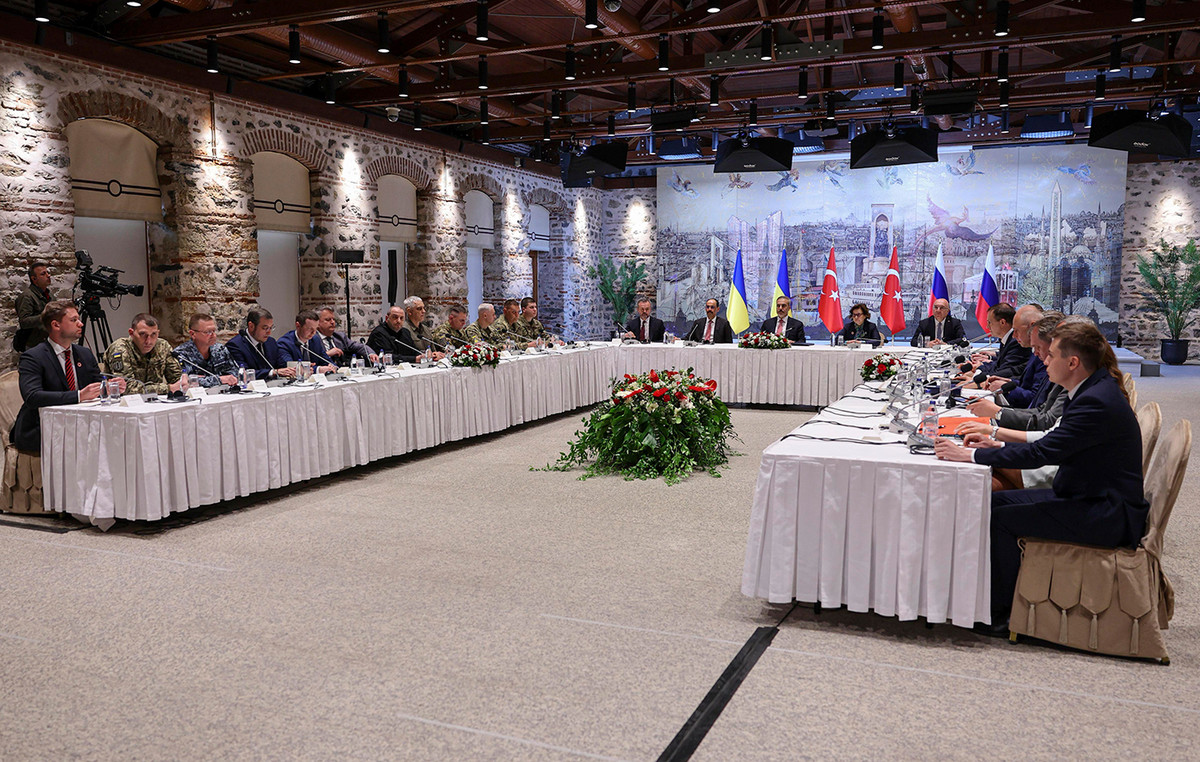A survey by the Mercer consultancy indicates that 43% of Brazilians seek more flexibility at work, mainly thinking about remote work and hybrid, when there is a combination of home office with face-to-face work.
The value is lower than the global result, which took into account research in 16 countries. In this case, 60% of respondents want more flexibility.
The study also points out that 74% of respondents believe that the companies they work for would be more successful if they had remote or hybrid workers, and 80% said that the team works better when some people are in the office and others are at home.
Additionally, 43% feel more connected with colleagues when working remotely.
The issue is also relevant for companies, and the survey shows that those responsible for the human resources sectors in Brazil are most concerned about new work formats.
It’s a different scenario than United States and gives Europe , where the biggest concerns are, respectively, digital security and digital acceleration. The research attributes the divergences to “differences in structures and culture of different places”.
Globally, 80% of executives interviewed are concerned about the impact of virtual work on building relationships between employees, fearing that they will be less solid and that they may affect the experience of values and organizational culture of companies.
In the case of Latin America, 66% of the leaders of HR consulted indicated apprehension with changes in social interactions, believing that remote work can affect the construction of more solid relationships.
For Mercer Brasil’s Transformation leader, Guilherme Portugal, “one of the reasons that explain the concern of leaders in maintaining hybrid and remote work is the Latin American culture, which seeks to establish relationships, mostly through more personal contact”.
“In countries like Brazil, physical interactions are essential for building and developing relationships between people and companies,” he says.
The research also points out that topics such as exhaustion and exhaustion of employees, reduced budgets, the need to implement “reskilling” and “upskilling” programs and inadequate implementation of new technologies are among the main challenges for companies to achieve their goals.
The study also indicates five new trends that should be prioritized in the HR area in Brazil in 2022: investments in health and safety programs, investments in employee planning efficiency, redesign of HR operating models, review of models and recognitions and rewards and put the agenda ESG at the heart of business transformation proposals.
The “Global Talent Trends Study” is in its seventh edition, and has interviewed 11,000 executives, HR leaders and employees from 16 countries and 13 industries. In Brazil, 54 executives, 103 HR leaders and 514 employees were interviewed.
Source: CNN Brasil
I am Sophia william, author of World Stock Market. I have a degree in journalism from the University of Missouri and I have worked as a reporter for several news websites. I have a passion for writing and informing people about the latest news and events happening in the world. I strive to be accurate and unbiased in my reporting, and I hope to provide readers with valuable information that they can use to make informed decisions.







